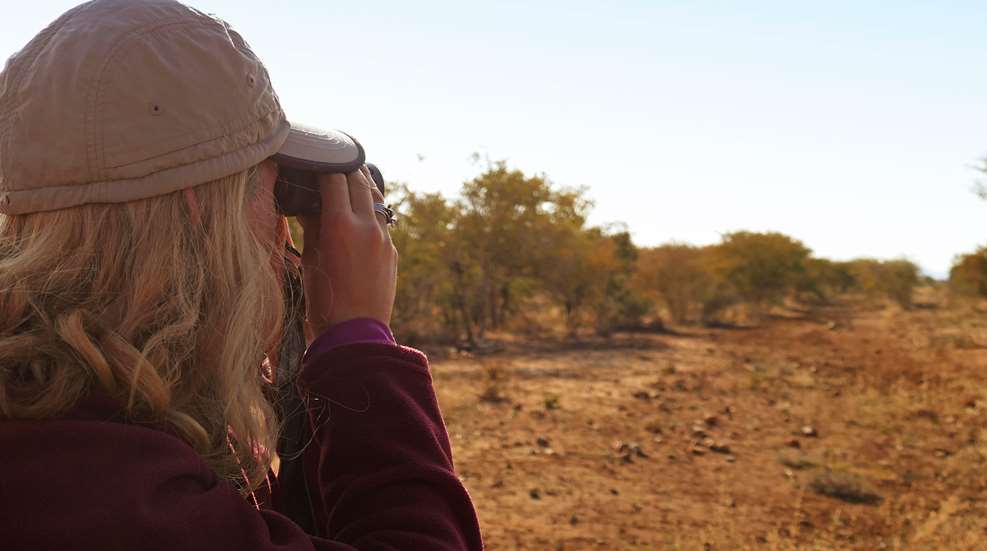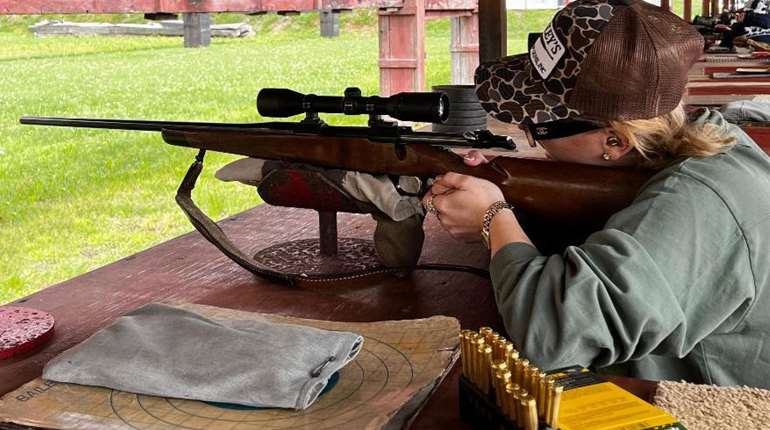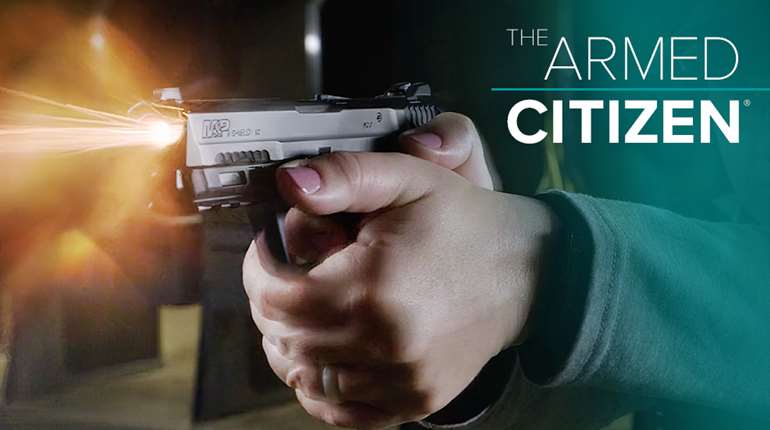
I wounded a big black bear once. We tracked him through a swamp for hours, but we never recovered him. That was seven years ago, and I still think about that bear at least once a week.
The last time I shot a pronghorn, I missed him clean three—THREE—times before my fourth shot dropped him almost instantly. He’s a European mount hanging on my wall now, and I’m proud of that trophy, but I never look at those horns without remembering those three misses.
I’ve been fortunate to hunt all around the country and the world and to have taken some really great animals on some excellent hunts, but it’s the very few animals I’ve missed or wounded that are seared into my brain and that still pop into my head at night when I can’t sleep.
No one talks about this. Maybe it’s because we don’t want to give fodder to the anti-hunters, or maybe it’s just because we’re all so embarrassed and ashamed of our failures, but nobody talks about missing game. But we all do it. Sooner or later, all hunters will miss or wound an animal they can’t recover. It’s the absolute worst part of hunting.
Missing is one thing. When I shot clean over the back of a pronghorn (a different one than mentioned above—pronghorn and I have a sordid history, OK?) and he trotted away out of range, I was bummed, but there was no real harm done to anything other than my ego. Five out of the six other hunters in camp that week also missed a pronghorn cleanly before harvesting one, so we could commiserate and joke about it with each other. Missing is no fun, but it’s usually also no foul—if you get another chance at an animal, that is. If you’re on a once-in-a-lifetime sheep hunt and you blow your shot at the only ram you see all week, that one’s going to keep you up at night for a long time.
Much worse than the animal you miss is the one you wound and never find. If you are not sick to your stomach after you finally give up tracking and accept that there’s an animal out there suffering because of you and you can’t do anything to make it right, there’s something wrong with you. You won’t sleep well that night, and you’ll play the scenario over in your head for days, analyzing what you did wrong and wondering how you could have been so stupid.
It flat-out hurts. You’ll feel ashamed and embarrassed. There’s nothing you can do about that, but the one thing you can do is channel those feelings into something productive—by learning a lesson that will make you less likely to make the same mistake again.
What I’ve Learned From Missing
I’ve only wounded two big-game animals that I know of—that bear, and a doe I seemingly nicked in the back when I was brand-new to hunting almost 20 years ago. I’ve missed a few cleanly, including a few pronghorn and even a couple of turkeys (talk about embarrassing). I remember them all, and they’ve each taught me a lesson.
Don’t shoot if it doesn’t feel right. I don’t care if the guide is hissing “Shoot!” Shoot now!” in your ear. If the shot doesn’t feel right for any reason—you feel rushed, the crosshairs are too wobbly because you’re out of breath, you feel like you’re guessing at the range—don’t shoot. This is what happened with that first pronghorn I missed cleanly. I wasn’t steady, and I knew it, but I let the pressure to perform get to me, and I squeezed the trigger even though it didn’t feel right. This is a really hard one, and I still make this mistake from time to time, but it’s probably the biggest lesson to be learned from missing.
Don’t get in a hurry. Similar to the first lesson, if I get in a hurry to shoot because someone is pressuring me or I’m afraid the animal is going to get away or I just get too excited, my chances of missing go way up. It’s to the point now where I remind myself to take a deep breath and let it out while telling myself “slow down.” Then I pull the trigger at the bottom of that breath if everything feels right. I know this hesitation will probably cost me an animal someday, but I’d rather lose one that runs away than wound one because I rushed a shot.
Definitely don’t get in a hurry on the follow-up. Follow-up shots are infinitely harder than first shots. Either the animal is running away and you’re panicking, or he’s standing still figuring out what happened but you’re super flustered because you just missed. For this reason, I try to pause and take a couple of breaths before I take a second shot, unless the animal is wounded and running away.
Sit with the pain a while, then try to let go. When you wound an animal, then do everything you can to recover it—and finally have to accept that it’s not going to happen—it hurts. And frankly, I feel like I deserve to sit in that hurt for a while. I know that my wallowing doesn’t help the animal, but I screwed up and I should feel the sting of that. So sit with it for a day or a week, and then get back on the proverbial horse. Don’t let it turn you off from hunting or ruin the enjoyment you get from spending time in the woods.
Most importantly, learn the lesson. We learn more from our failures than we do from our successes, and that’s the silver lining here. During your wallowing period, do your best to figure out why you missed, and vow to do your best to never make that mistake again. You might even incorporate another step into your routine to help you remember, like my “slow down” mantra mentioned above. Another lesson that missing has taught me is to always double-check my scope before I hit the woods each day, and to dial it down to its lowest magnification (yet another pronghorn drilled that lesson into me long after I should have known better). And, accept that sometimes you just won’t know why. You might have done everything right and an unseen branch or gust of wind sent your projectile off course. These are perhaps the most frustrating misses of all.
I can sit here and tell you “everyone misses” all day long, but when it happens to you, those words are cold comfort. Making a shot that’s less than your best is a terrible reality of hunting, but you can make the most of a lousy situation by learning a lesson that’ll help you do it better next time.















































